Facebook under fire after news blackout in Australia
Facebook’s move to ban credible publishers and users in Australia from sharing or viewing news content has drawn widespread condemnation, amid accusations of the social media giant of promoting misinformation and fake news.
Facebook on Thursday restricted Australian users from posting links to news articles or viewing the pages of local and international news outlets, and removed Aussie news sources from the platform worldwide in response to a legislation that will force it and Google to pay media organizations for news content.
“By restricting independent, professionally produced news in Australia, Facebook is allowing the promotion of conspiracy theories, misinformation, fake news and QAnon crackpots on its platform,” AFP cited Marcus Strom, the president of the Australian journalists union Media, Entertainment and Arts Alliance, as saying on Thursday.
His remarks came as the blackout leaves several pages owned by purveyors of fake news and conspiracy theories unaffected, despite their frequently posting about current events.
“This irresponsible move by Facebook will encourage the dissemination of fake news, which is particularly dangerous during the COVID pandemic and is a betrayal of its Australian audiences,” he added.
Facebook defended its move, saying it had no choice but to stop allowing news content on its services in Australia as the legislation "fundamentally misunderstands" the platform's relationship with media organizations.
Meanwhile, Google bowed to pressure and struck deals with large media companies, including Rupert Murdoch's News Corp, despite its earlier threats to pull its services from Australia over the legislation.
Australia’s Health Minister Greg Hunt lashed out at Facebook's new blackout which came just days ahead of the start of the vaccination in the country and that is raising concerns official health messaging could be drowned out by anti-vaxxer voices
“I would say again to Facebook, think again. You may be in it for the money, but the rest of us are in it for safety, protection and responsibility,” Hunt said Thursday, adding “This is the moment to return to your origins. Where you were meant to be, as a company, focused on community, engagement, not on the money.”
Facebook’s ban initially hit several critical government agencies tasked with issuing emergency COVID-19, bush-fire, flood and cyclone advice. the disrupted pages were later restored.
Critics slammed the speed and scope of Facebook’s action against Australia amid what they described as its apparent reluctance to clear the platform of violence, hate speech and misinformation.
“And people wonder why this didn’t happen with certain hate groups in other parts of the world, why there wasn’t such an attempt to remove that content wholesale,” Lucie Krahulcova of Digital Rights Watch told AFP on Thursday.
“Because I think Facebook really lagged and dilly-dallied and failed many social movements as a result,” she said.
Australia, Facebook hold talks
In an attempt to find a middle ground, Australia and Facebook held negotiations on Friday.
Treasurer Josh Frydenberg, who had earlier called the ban “unnecessary”, said he had spoken with Facebook CEO Mark Zuckerberg on Friday to find a way out of the crisis, adding that talks would continue over the weekend.
"We talked through their remaining issues and agreed our respective teams would work through them immediately," he said.
Also on Friday, Prime Minister Scott Morrison called on Facebook to "move quickly past" what he called threatening behavior and "come back to the table".
He noted that the legislation, dubbed the News Media and Digital Platforms Mandatory Bargaining Code which was approved this week by the lower house of parliament, was garnering interest from leaders around the world.
"People are looking at what Australia is doing," he told reporters, noting that he had already discussed the situation with Indian Prime Minister Narendra Modi and Canada's Justin Trudeau.
On Thursday, Morrison lashed out on his own Facebook page, describing Facebook’s move to “unfriend Australia” as “disappointing”.
“These actions will only confirm the concerns that an increasing number of countries are expressing about the behavior of BigTech companies who think they are bigger than governments and that the rules should not apply to them. They may be changing the world, but that doesn’t mean they run it,” he wrote.
The Senate is expected to adopt the law by the end of the week.
A researcher and lecturer with Oxford University’s Said Business School said the showdown in Australia “is about the renegotiation of a relationship that has been strained for years”.
Chris Moos stressed that the social media giant would lose its appeal if it moves away from professional news content.
“It would be impossible to imagine Facebook (and WhatsApp) to maintain cross-demographic popularity without media content of at least the big media organizations,” Moos said, adding “Media organizations and Facebook need each other. Both parties have every incentive to collaborate to come to agreements.”
Venezuelan military stands with acting president after US kidnapping of Maduro
VIDEO | Press TV's news headlines
VIDEO | Protesters in Toronto slam US kidnapping of Venezuelan president
Israeli troops detain, intimidate Palestinian toddler in West Bank
Iran says its investments in Venezuela face no major risk
Make ‘right decision’ or face more US pressure, Rubio tells Venezuela’s Rodriguez
VIDEO | General Soleimani honored in Kashmir, Kargil
US, Israel waging ‘soft warfare’ to destabilize Iran after June defeat: Top general




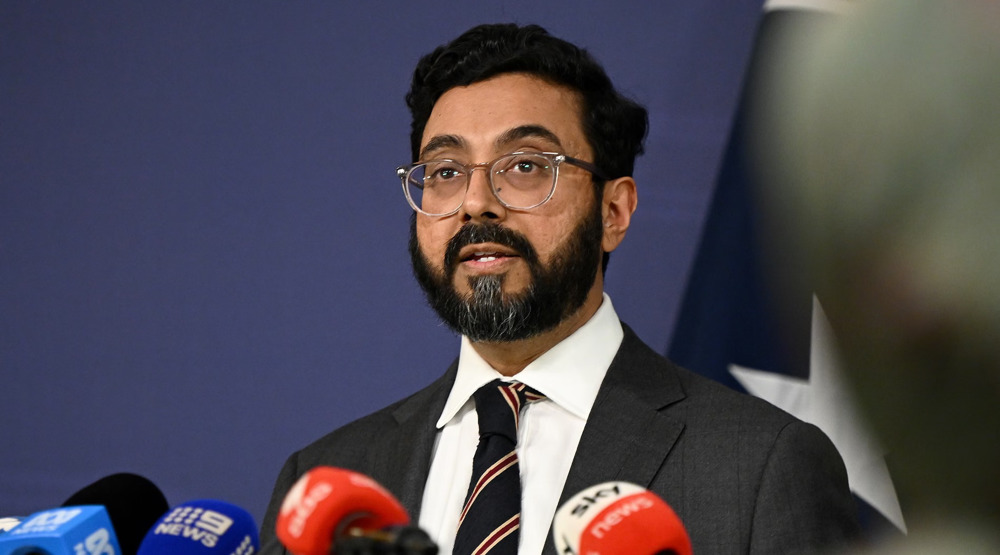
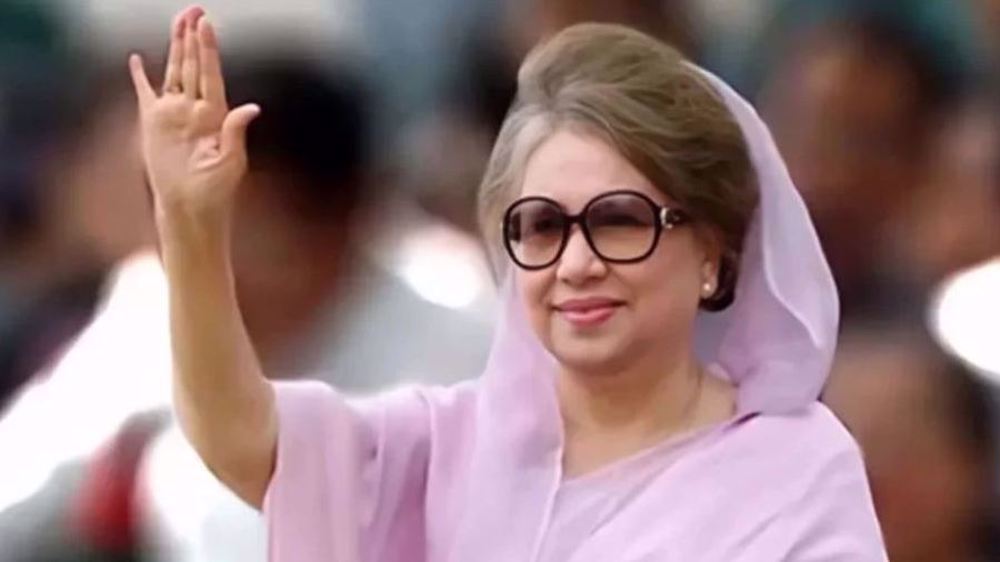
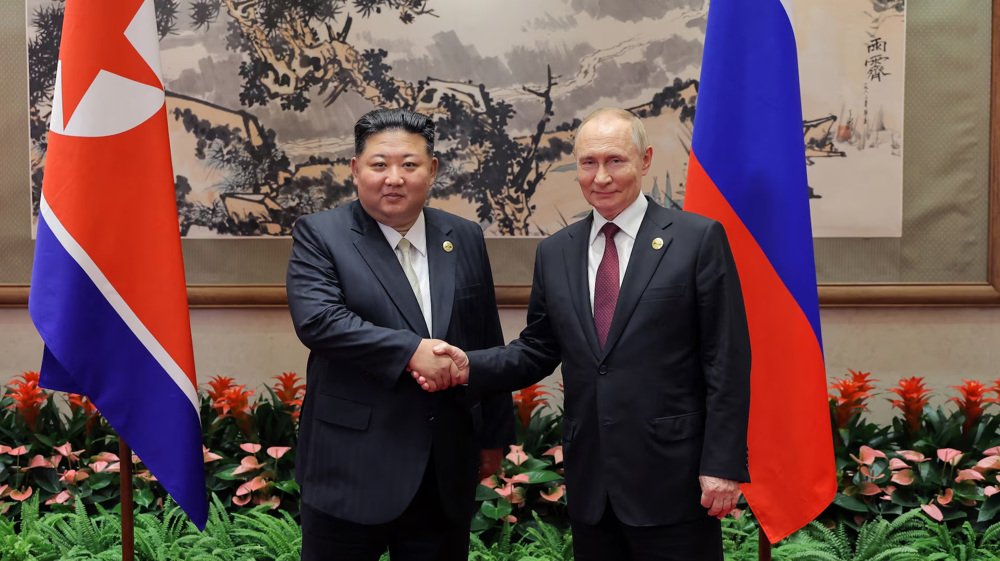




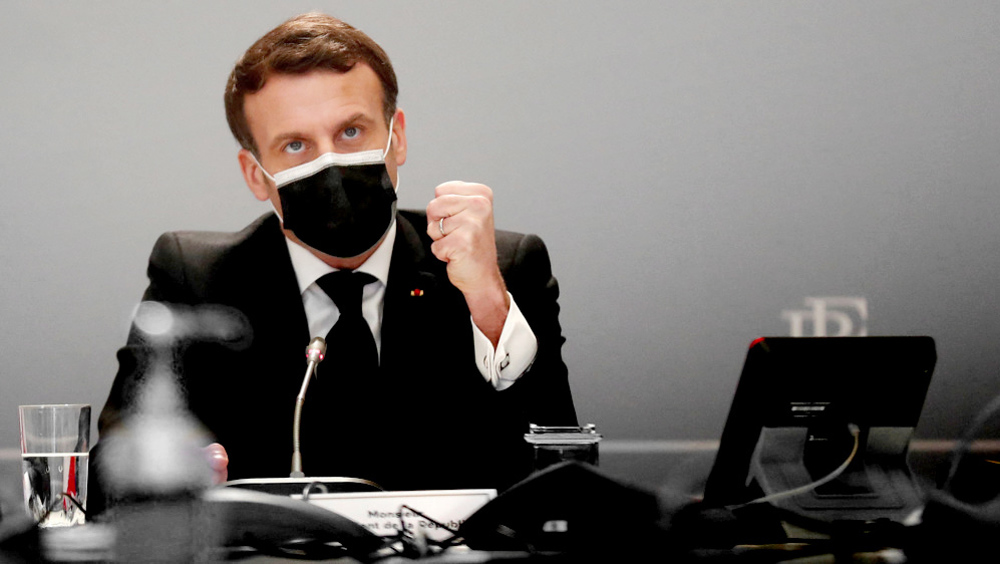
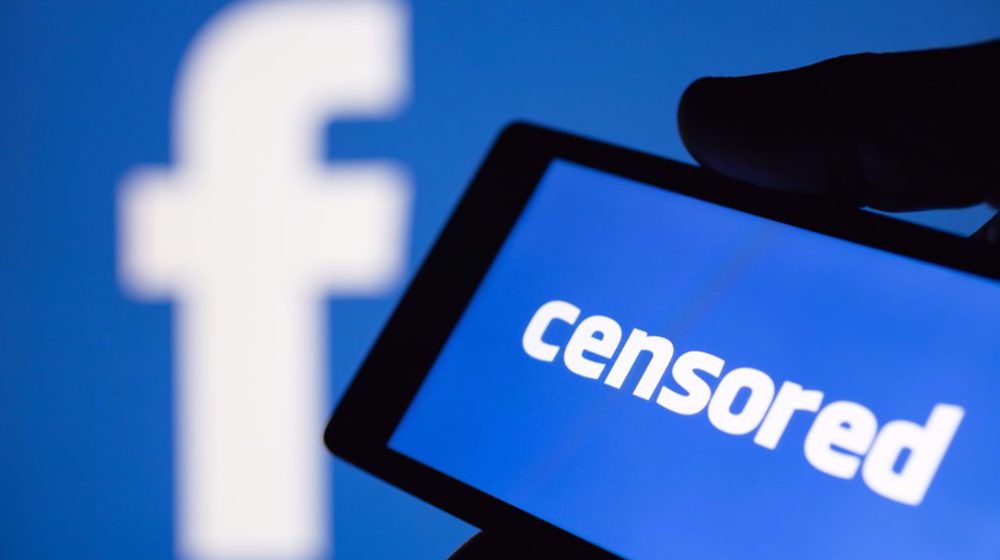
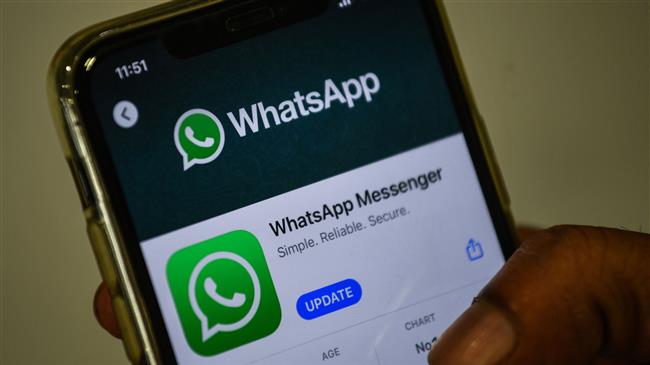

 This makes it easy to access the Press TV website
This makes it easy to access the Press TV website